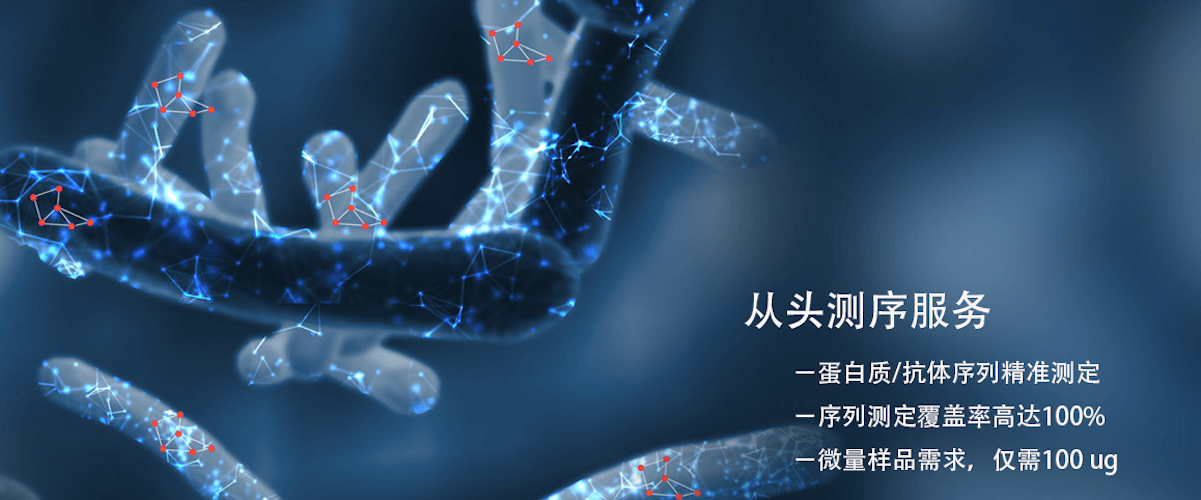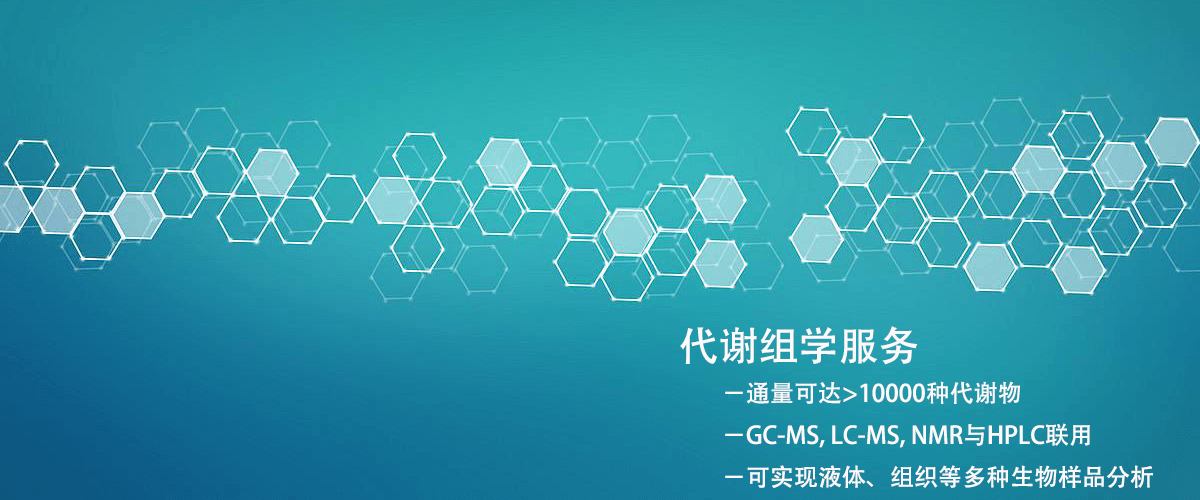Applications of De Novo Protein Sequencing
The primary application of de novo protein sequencing is to decipher the amino acid sequences of unknown proteins. Traditional protein sequencing methods often rely on known genomic data, whereas de novo sequencing employs advanced techniques such as mass spectrometry to directly analyze protein sequences from actual samples. The application of de novo protein sequencing can help reveal complex protein interaction networks in biological systems. Particularly in the study of non-model organisms, the discovery of novel biomarkers, and the development of new drugs, de novo protein sequencing plays an irreplaceable role.
In the field of biomedicine, de novo protein sequencing aids in the identification and characterization of novel protein biomarkers associated with diseases. By performing de novo sequencing on pathological tissue samples, researchers can identify specific proteins related to disease progression, thereby providing crucial foundational data for personalized medicine. Furthermore, the application of de novo protein sequencing holds significant potential in the early diagnosis of diseases, as it can provide precise molecular information directly from the protein level without genomic background.
In agriculture and the food industry, the application of de novo protein sequencing also shows immense value. De novo sequencing of novel proteins in plants and animals can help enhance crop disease resistance and improve livestock production efficiency. Meanwhile, in the field of food safety, in-depth analysis of proteins in food using de novo sequencing technology can effectively identify potential allergens and ensure food safety.
Frequently Asked Questions:
Q1. How does de novo protein sequencing identify proteins without genomic data?
A: The application of de novo protein sequencing relies on high-resolution mass spectrometry technology, which directly measures the mass-to-charge ratio of protein fragments to deduce the amino acid sequence. This process does not require genomic data, allowing for protein identification in unknown genomic backgrounds.
Q2. What potential advantages does de novo protein sequencing offer in drug development?
A: In drug development, de novo protein sequencing can assist in identifying target proteins and analyzing their sequences to design specific drugs. Additionally, it can reveal key nodes in protein interaction networks, facilitating the discovery and validation of novel drug targets, thus supporting precision medicine.
BiotechPack, A Biopharmaceutical Characterization and Multi-Omics Mass Spectrometry (MS) Services Provider
Related Services:
How to order?





